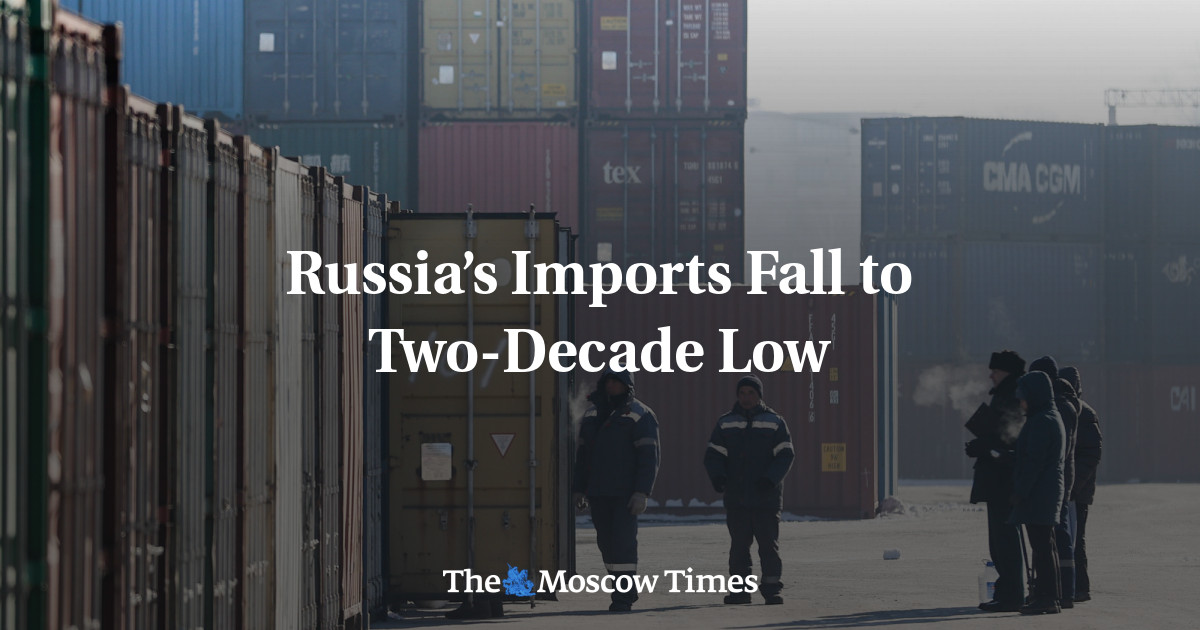- Joined
- Apr 18, 2013
- Messages
- 112,609
- Reaction score
- 102,889
- Location
- Barsoom
- Gender
- Male
- Political Leaning
- Independent
Russia Loses Its Default Defense in 48 Hours. Here's What That Means

Once again Moscow approaches a default on international bond payments. A default translates in the international bond markets as: Do not loan this country any money. It is not solvent and not dependable.

 www.themoscowtimes.com
www.themoscowtimes.com

5.25.22
In 48 hours, Russia will face default, a threat that has been looming since the beginning of the war in Ukraine on February 24. The sanctions imposed by the West on Russia following the invasion of Ukraine have cut off Moscow from the global financial system, frozen its over $600 billion of reserves abroad and banned trading of new Russian bonds. The only way Russia has managed to avoid defaulting until now has been thanks to a special U.S. Treasury license, which allowed international bond holders to still receive payments from Moscow. So far, Russia has managed to meet all its payment obligations but on May 25 the U.S. Treasury waiver formally expired, leaving Moscow unable to process such transactions. The U.S. Treasury has made it clear they do not intend to renew it. On May 27, interest payments on Russia's international bonds, half of which are held by foreign investors, will be due. Another payment will be due across two Eurobonds on June 23. In total, the country will still have almost $2 billion in external sovereign bonds to repay before the end of the year. This means Russia will risk facing default for the first time since 1998.
If Russia defaults, it will be unable to regain access to the international borrowing markets—from which it is already blocked by Western sanctions—until creditors are fully repaid and all legal cases stemming from defaulting are resolved. It will also, in the short term, create problems with trade partners who have not sanctioned Russia since the beginning of the war. They have two bonds that have payments on June 23 and if there's no extension from the U.S. side, then these get delayed. The 30-day grace period is triggered and then at the end of the 30-day grace period, at the end of July, you would have a default situation. The Russian Ministry of Finance said they could resort to repaying their debts in rubles, but default would still be unescapable, as the legal requirements of the incoming foreign bonds to be repaid dictate payment in dollars.
Once again Moscow approaches a default on international bond payments. A default translates in the international bond markets as: Do not loan this country any money. It is not solvent and not dependable.

Russia’s Imports Fall to Two-Decade Low - The Moscow Times
Western sanctions and the exit of international businesses over the war in Ukraine have caused a fall in Russia’s imports to levels not seen since the early 2000s.


